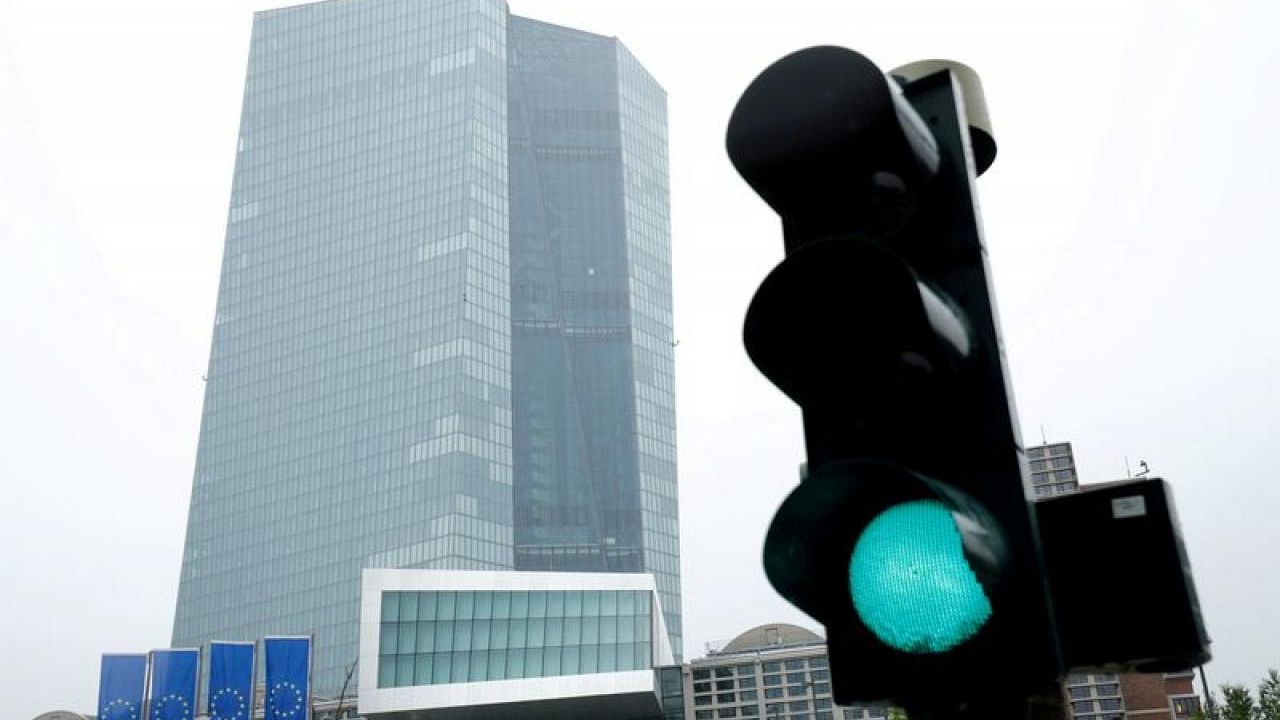The European Central Bank kept monetary policy unchanged on Thursday, as expected, preparing to taper stimulus in coming months but maintaining broad support for the economy even after inflation unexpectedly hit a new record.
After the ECB extended support measures in December, a change in monetary policy was not expected to be on the agenda. However, persistent inflation, which last month stood at 5.1% in the 19 countries of the euro zone, is making life difficult for the entity, and the president of the ECB , Christine Lagarde, will be pressured to address the topic at his 1330 GMT press conference .
The ECB has only made a minor change to its statement, as it has removed a clause stipulating that its next policy move could be “in either direction”.
“The Governing Council stands ready to adjust all its instruments, as appropriate, to ensure that inflation stabilizes at its 2% medium-term target,” the ECB said .
“Flexibility will remain an element of monetary policy as long as threats to the transmission of monetary policy jeopardize the achievement of price stability,” he added.
The ECB has long argued that inflation will soon subside without its intervention, and will in fact fall below its 2% target by the end of the year, so withdrawing support now would be counterproductive.
However, a growing number of ECB leaders question this narrative, not least because the ECB has persistently underestimated the current rally, forcing it to repeatedly revise its forecasts.
Markets are already doubting the ECB ‘s projections and are pricing in a 28 basis point rate hike this year, despite the bank’s insistence that any move in 2022 is highly unlikely.
The thing is, inflation is projected to be below its 2% target in 2023 and 2024, so even a small increase in the path of inflation could put price growth right on target, reducing the need for stimuli.
In her press conference, Lagarde could wink at the risks of inflation, while stressing that the central assumption remains that price growth slows considerably at the end of the year, while wage growth in the euro area of the euro remains scarce and one-off factors disappear.
He is also almost certain to repeat that an interest rate move is highly unlikely this year, even as other central banks, such as the US Federal Reserve and the Bank of England, tighten monetary policy.
However, ECB watchers are moving forward their rate hike predictions, with many now expecting a first move in early 2023 rather than late next year.
With Thursday’s decision, the ECB ‘s deposit rate remains at a record low of -0.5% and the bank is on track to phase out its $1.85 trillion emergency bond purchase program. euros at the end of March.

